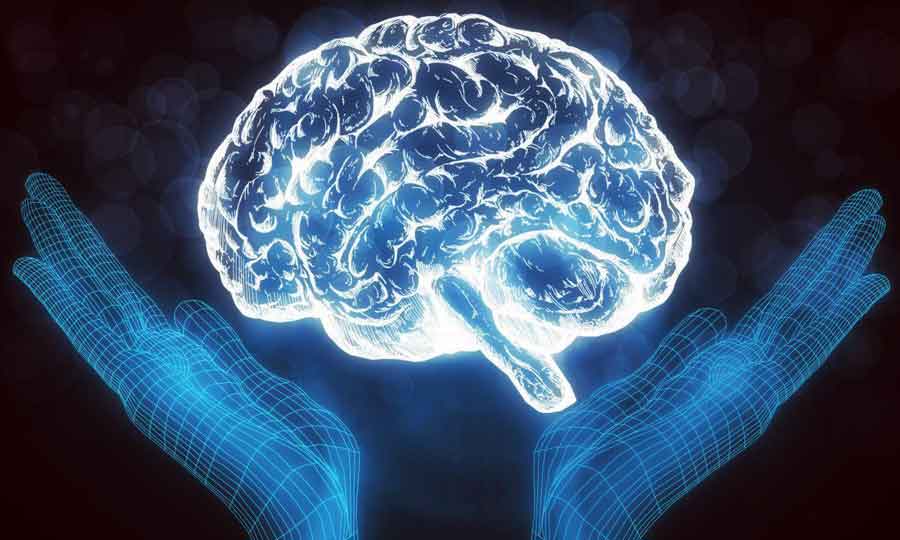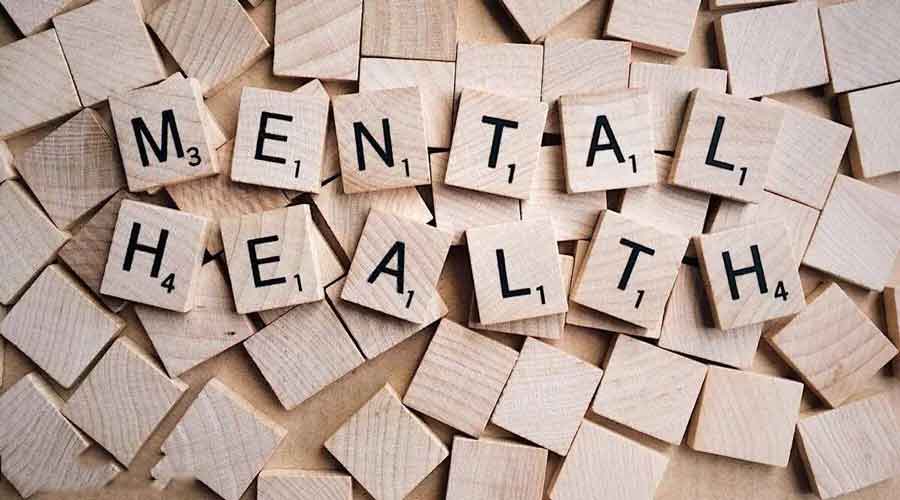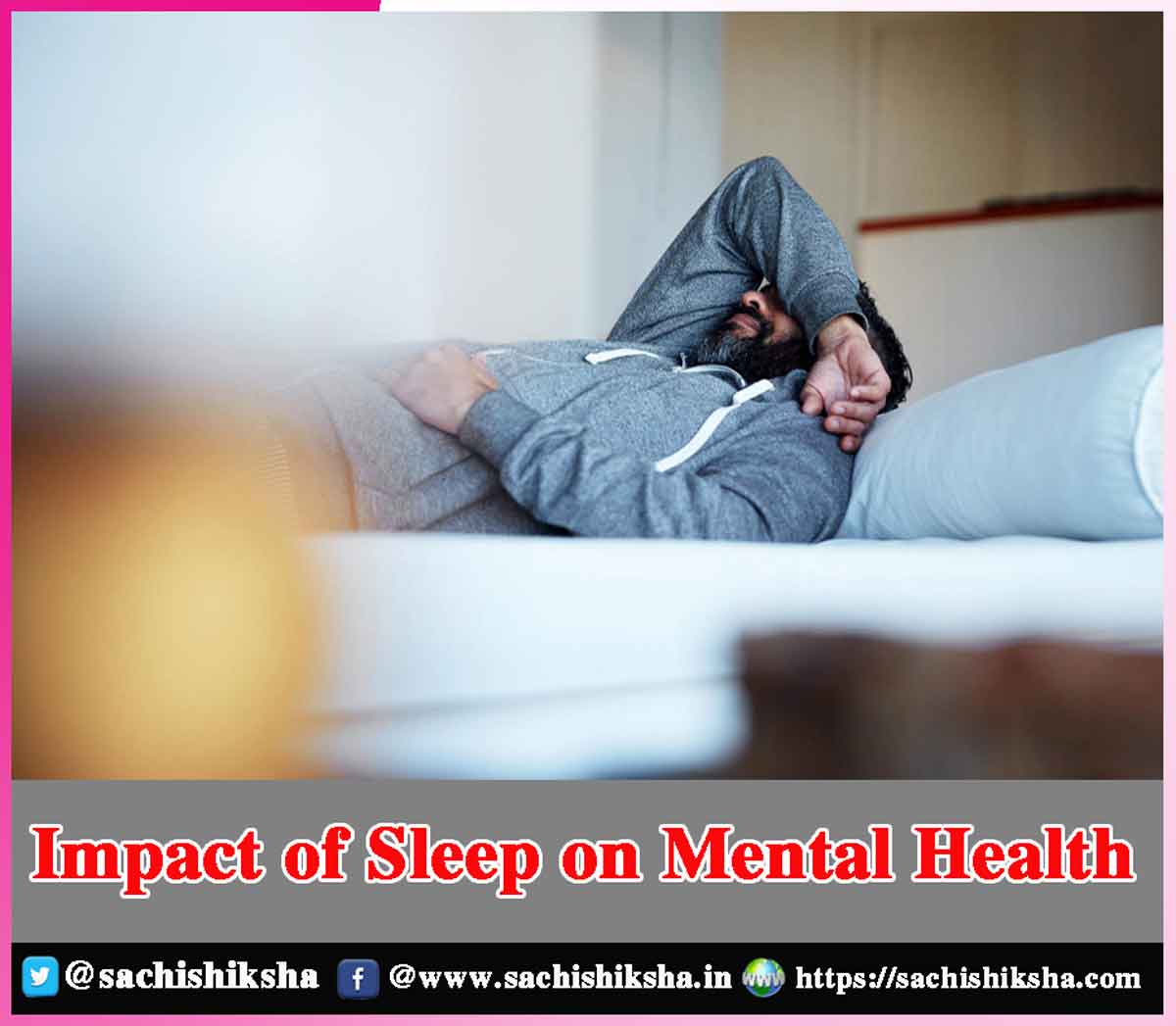Impact of Sleep on Mental Health
Introduction Sleep, often considered a basic physiological need, is crucial in maintaining overall well-being, profoundly impacting mental health. The complex connection between mental health and sleep has been the subject of extensive research, revealing how one influences the other. This article delves into the various dimensions of this relationship, exploring the importance of sleep in mental health maintenance and the consequences of sleep deprivation.
Table of Contents
The Importance of Sleep for Mental Health

Memory Consolidation and Learning:
Sleep is intricately linked to memory consolidation and learning. During the different sleep stages, the brain processes and organizes information acquired throughout the day. The hippocampus, a region crucial for memory formation, interacts with the neocortex during deep sleep, enhancing the retention and integration of new information. Sleep disruptions can impair these processes, affecting cognitive performance and memory recall.
Emotional Regulation:
Sleep is pivotal in emotional regulation, influencing mood and stress levels. Adequate sleep helps maintain a balanced emotional state. In contrast, sleep deprivation can lead to increased irritability, heightened emotional reactivity, and a greater susceptibility to stress. Chronic sleep problems have been linked to the emergence of mood disorders, including anxiety and sadness.
Hormonal Balance:
Sleep is intricately connected to regulating various hormones, including cortisol, melatonin, and serotonin. Cortisol, often called the stress hormone, follows a circadian cycle, which usually reaches its climax in the morning and decreases throughout the day. Sleep disruption can disrupt this rhythm, contributing to increased stress and anxiety.
Sleep Deprivation’s Effects on Mental Health
Increased Risk of Mental Health Disorders:

Cognitive Impairments:
Sleep deprivation adversely affects cognitive function, impairing attention, memory, and decision-making. Prolonged periods of inadequate sleep can result in cognitive deficits similar to those observed in psychiatric disorders. This highlights the bidirectional relationship between sleep and mental health, with cognitive impairments potentially contributing to the onset and persistence of mental health issues.
Emotional Dysregulation:
Sleep deprivation often results in heightened emotional reactivity and impaired emotional regulation. Individuals experiencing sleep deficits may find it challenging to cope with stress, leading to an increased susceptibility to mood swings and emotional instability. This emotional dysregulation can further contribute to the development and exacerbation of mental health disorders.
Impact on Physical Health:
The consequences of poor sleep extend beyond mental health, affecting physical health as well. Lack of sleep has been associated with a higher chance of developing diabetes, obesity, and cardiovascular problems. The interplay between psychological and physical health emphasizes the holistic nature of well-being, with sleep as a crucial factor in maintaining this delicate balance.
Promoting Healthy Sleep Habits for Enhanced Mental Well-being
Sleep Hygiene Practices:
Adopting good sleep hygiene practices can significantly contribute to improved sleep quality. This entails establishing a relaxing sleeping environment, sticking to a regular sleep schedule, and avoiding stimulants like caffeine right before bed. Establishing a calming pre-sleep routine can signal the body that it is time to wind down, promoting a smoother transition into restful sleep.
Cognitive Behavioral Therapy for Insomnia (CBT-I):
CBT-I is a therapeutic approach specifically designed to address sleep-related issues. It focuses on identifying and modifying dysfunctional beliefs and behaviors related to sleep, helping individuals develop healthier sleep patterns. CBT-I has shown efficacy in treating insomnia and improving overall mental health outcomes.
Mindfulness and Relaxation Techniques:
Deep breathing exercises and other mindfulness-based therapies can help people unwind and lessen the adverse effects of stress on their ability to sleep. Including these routines in your daily routine will help you sleep better and feel better mentally.
Conclusion:
There is a complex and reciprocal relationship between mental health and sleep. Adequate, high-quality sleep is essential for optimal cognitive function, emotional regulation, and overall mental well-being. The tremendous effect that sleep has on mental health highlights the necessity of a comprehensive strategy for well-being that takes into account both the physical and mental aspects of health. By fostering healthy sleep habits and addressing sleep-related issues through various interventions, individuals can take proactive steps to safeguard their mental health and enhance their overall quality of life.












































